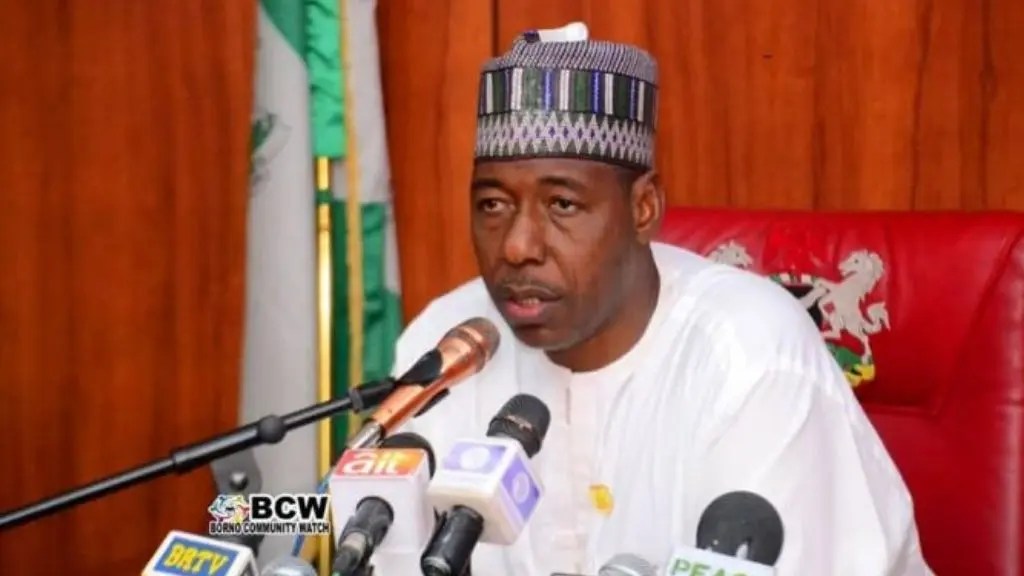The Federal Government has engaged 35 independent monitors to supervise the Second stream of the National Social Investment Programme, NSIP, in Akwa Ibom.
Minister of Humanitarian Affairs, Disaster Management and Social Development Sadiya Umar Farouq made this known at the onboarding exercise for stream two Independent Monitors of the NSIP in Uyo.
Farouq said that the monitors were one of the most important components of the NSIP hence emphasis on ensuring the programme is closely monitored.
“The NSIP Independent monitors are responsible for monitoring the programme in their community in schools, households, and market clusters with the focus of ensuring that the primary objectives of the NSIPs are achieved.
“Today’s programme is very important and strategic as we train 35 additional men and women that will serve as stream two monitors.” She said.
Farouq, who was represented by Mrs Itoro Duku, the Team lead in the Ministry, said that monitoring at the state would require that the Independent monitors synergize with the state NSIP team as their work cannot be done in a vacuum.
She said that NSIP was created by President Muhammadu Buhari with the mandate of lifting citizens out of poverty through a number of Social Interventions which include the Job creation programme — N Power, National Home — Grown School Feeding Programme (NHGSFP), Conditional Cash Transfer Programme (CCT) and the Government Enterprise and Empowerment Programme (GEEP) in 2016.
The minister however warned Independent monitors against intimidating beneficiaries of the programme adding that any culprit would be taken off the programme.
Also speaking, Dr Godwin Akpan, the Akwa Ibom Focal Person said that the beneficiaries were carefully selected for the NSIP programme and urged them to partner with the focal persons in order to ensure full compliance and achieve set objectives.
Akpan lamented that the stream 1 beneficiaries did not perform well, saying that such actions could jeopardize the dreams of Buhari lifting 100 million people out of poverty by 2030.





